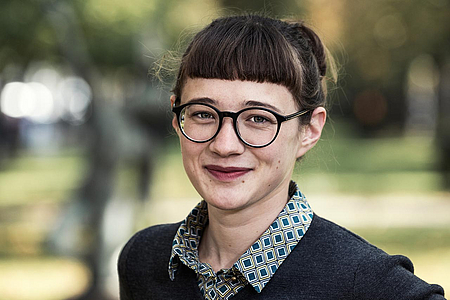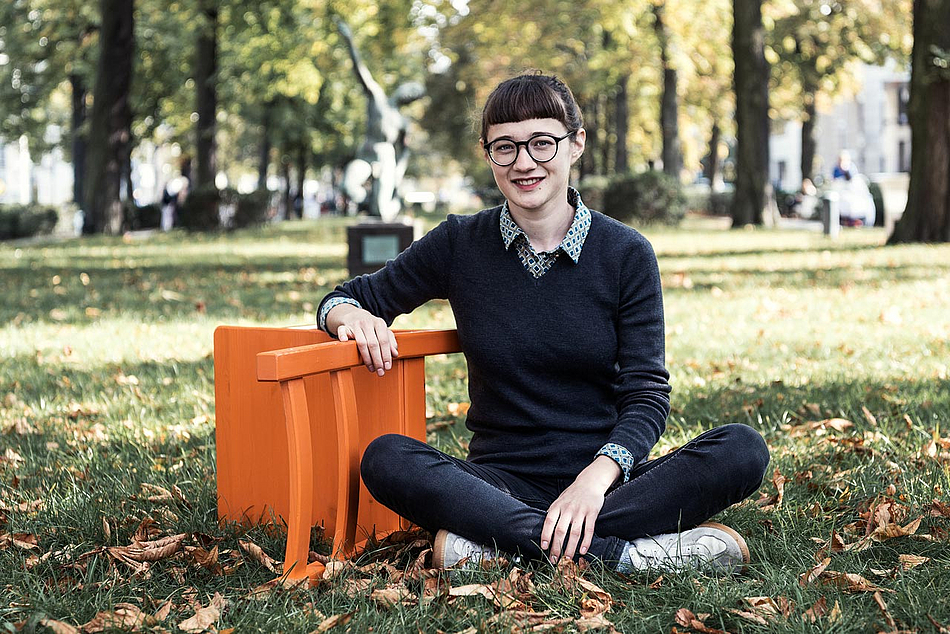Think outside the box of human medicine
Naomi Tjiang grew up in a small town in Lower Saxony. She went to school in Brunswick, France, Belgium and lastly in India, where she gained her International Baccalaureate. Thanks to the international school, she had a very diverse environment and encountered very different people, different cultures and their conflicts. In the following year, she completed voluntary military service in the medical division of the German Federal Armed Forces. This decision resulted from, among other things, the encounter with her classmates in India, some of whom came from countries with compulsory military service, including for women. This was what first sensitized her to this issue: “What a luxury it is that, here, we as young people don’t – or hardly – have to concern ourselves with the subject of the military,” says Naomi Tjiang, “I find it difficult to judge it too hastily or to condemn it.” She then experienced a contrasting program: “During my schooldays, everything was international, with plenty of exchange, openness and freedom and space to ponder. In the German army I encountered very different people and values; everything was prespecified and decided by someone else. There, I saw that life paths can be very different – but that that’s okay.”
After that, she didn’t want to return to the small town – and so she moved to Berlin, to study medicine at the Charité. At present, she’s working at the Clinical Research Unit for Cardiology on the Rudolf Virchow Clinic Campus of the Charité, with a doctoral thesis on life quality with cardiac insufficiency. For her, the most important thing is the contact with the patients and the focus on health-related life quality as a patient-oriented end point. Later on, she’d like to work as a specialist in general medicine.
She really likes the New Revised Medical Curriculum at the Charité: “We no longer have the division into preclinic and clinic and thus have plenty of practical training from the very start. The study program is no longer as regimented and there’s interlinkage between the preclinic subjects like Physics or Chemistry and the clinically relevant subjects.”
The financial relief provided by the Deutschlandstipendium scholarship grant allows Naomi Tjiang to work less and to use the breathing space to think outside the “human medicine box”. She’s particularly interested in the interconnections between medicine and society. She therefore uses the time to attend additional lectures in History and Political Science. She also uses this money to finance her participation at conferences and does voluntary work in a consultation surgery for people with limited access to the health system.

Funding program
Deutschlandstipendium
Funding period
2014 – 2015
Research area
Human medicine
Institution
Charité – Universitätsmedizin Berlin
Since 2014
Medical degree at Charité – Universitätsmedizin Berlin
2013 – 2014
Voluntary military service in the medical division of the German Federal Armed Forces
2011 – 2013
United World College Mahindra College, India
